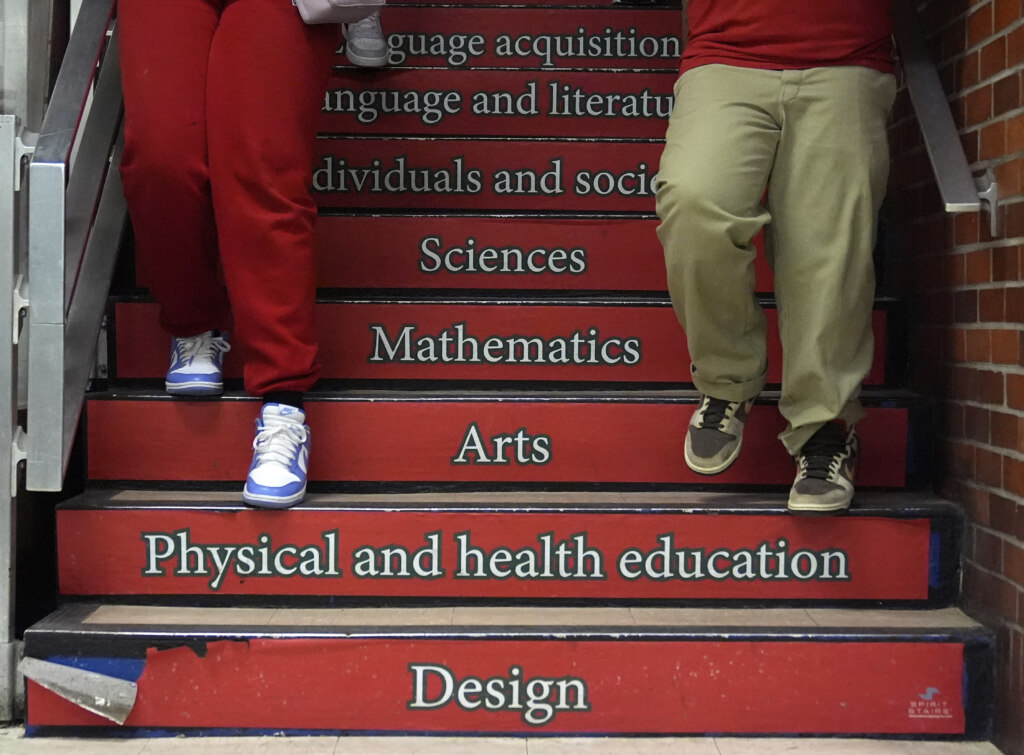- Joined
- Jan 16, 2025
- Messages
- 3,486
- Reaction score
- 5,328
- Gender
- Female
What do YOU say? That was the question.This is what AI says,
Overview
+7
To combat illiteracy in the United States, a multifaceted approach is needed, including early intervention programs, high-quality literacy instruction, expanded access to books, and community-based support. Focusing on equity, investing in schools, and modernizing the teaching profession are also crucial.
Early Intervention and High-Quality Instruction:
Early childhood literacy programs:
Implementing programs that prepare children for reading from a young age is vital.
Systematic, explicit, and scientifically-based reading instruction:
Teachers should be trained in effective methods that focus on phonics, phonemic awareness, and vocabulary building.
Personalized instruction:
Tailoring instruction to individual student needs, including those who are struggling with reading, is crucial.
Expanding Access to Books and Literacy Resources:
Community libraries and free book programs:
Ensuring access to books, especially for low-income communities, is essential.
Free or low-cost access to online resources:
Utilizing technology to provide access to online reading materials and educational tools can expand literacy opportunities.
Creating literacy-rich environments:
Making sure students have access to books and other literacy resources at home, school, and in the community can boost their reading skills.
Community Support and Advocacy:
Parent involvement:
Encouraging parents to read with their children and participate in literacy activities is crucial.
Community outreach programs:
Partnering with local organizations and schools to provide literacy support and resources can reach a wider audience.
Advocating for literacy policies and funding:
Working to increase funding for literacy programs and advocate for policies that support literacy is important.
Volunteer tutoring and mentoring:
Individuals can volunteer their time to support students in need of literacy assistance.
Addressing Equity and Systemic Issues:
Applying an equity lens to education policies:
Addressing disparities in access to quality education and resources is crucial.
Increasing investment in public schools:
Investing in schools, especially those serving low-income communities, is necessary to improve literacy outcomes.
Modernizing the teaching profession:
Supporting teachers with professional development and resources to implement effective literacy instruction is essential.
Collaboration and Partnerships:
Collaboration between researchers, nonprofits, governments, and public schools:
Working together can help identify best practices and create more effective literacy programs.
Supporting literacy initiatives:
Donating to literacy charities and supporting literacy organizations can help fund programs that combat illiteracy.
By implementing these strategies and working together, the United States can make significant strides in addressing illiteracy and ensuring that all individuals have the opportunity to develop strong literacy skills.


